The best way to support a child’s education
Southeast Asia’s captivating diversity and natural beauty are juxtaposed with entrenched socio-economic challenges. Poverty, high infant mortality, and limited access to education plague the […]
It’s with Heng Monychenda and his NGO Buddhism for Development that Children of the Mekong have deployed his action on Cambodia. This man, a survivor of the Khmer Rouge, who has been in refugee camps and holds several diplomas, has dedicated his life to the poor children of his country.
Yves Meaudre, the previous general headmaster of Children of the Mekong, remembers this meeting well. It was on the Thai frontier.
“Heng MonyChenda was an officer in the army of the KPNLF (The Khmer People’s National Liberation Front). It was in 1989, right before he became a monk. He was one of those responsible for one of the zones in the camp of site 2.”
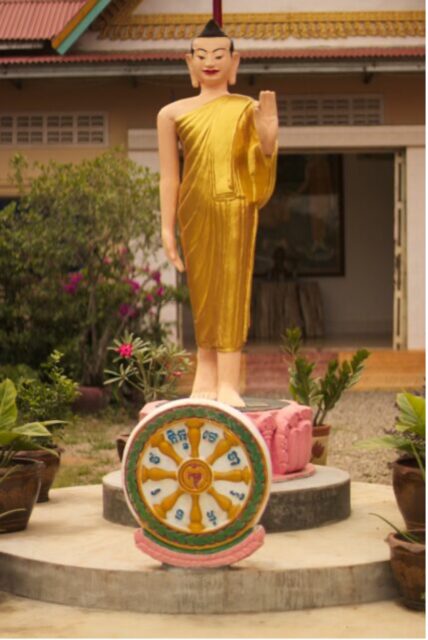
“From our first exchanges, I understood that, for him, this war was going around in circles.” Four years of horror under the red Khmers, about ten years under the yoke of the Vietnamese, an internal war made of mines that enormously exposed the civilian population.
MonyChenda, therefore, decided to set up a lasting reflection with the goal of teaching wisdom and making Cambodia a place of peace.
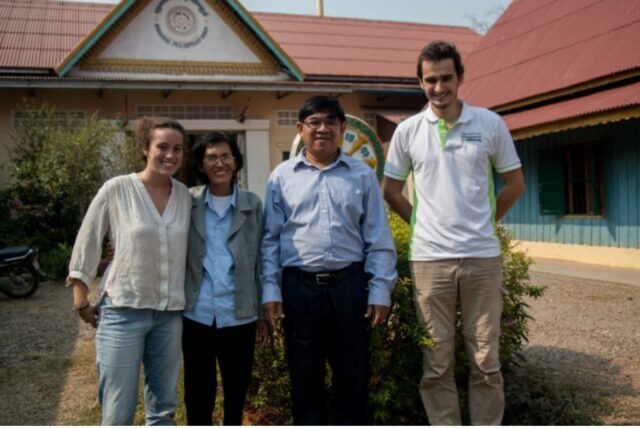
“Our cooperation with Children of the Mekong only really started in 1992, with the return of the camps. I wanted this action to be anchored in my hometown at Battambang, Cambodia. We had to pay attention to the families, which was our first development project. Next, we built a confidential school thanks to a sponsorship programme. We started with 100 children from the four factions in power at the time because everyone had the right to work in the reconstruction. We had to break the atmosphere of suspicion at school and promote reconciliation.”
This is the credo of MonyChenda: to create conditions of reconciliation to encourage development. In a martyred country, where more than one third of the population has been exterminated, where each family counts a murderer or a victim within it, the future passes, first through peace. […]
After 17 years as a monk, MonyChenda returned to civilian life and founded Buddhism for Development (BDF).
“Buddhism for development! It’s essential! I believe that we must use Buddhism and our own culture to develop our country. Not all the children that we support will become intellectuals or business people or learn to read perfectly but all of them will know how to be a good person and take care of their country. ”
At the end of the war, children’s education obtainment level was so low that it was necessary at times to put 12-year-old children at daycare to learn the basics of their studi. There have also been cases of malnutrition leading to serious cases of physiological issues, which BDF responds to through innovative programmes.
Learn more about our privacy policy here.
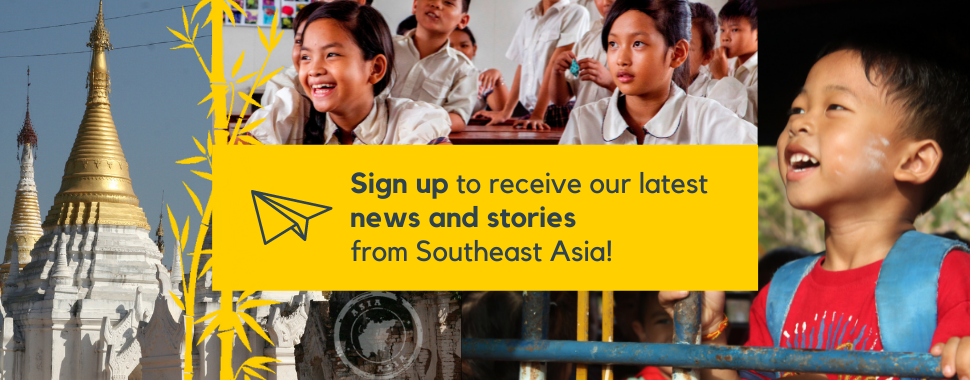
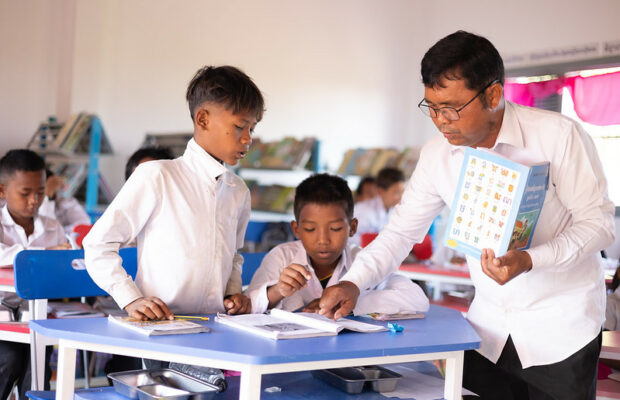
Southeast Asia’s captivating diversity and natural beauty are juxtaposed with entrenched socio-economic challenges. Poverty, high infant mortality, and limited access to education plague the […]
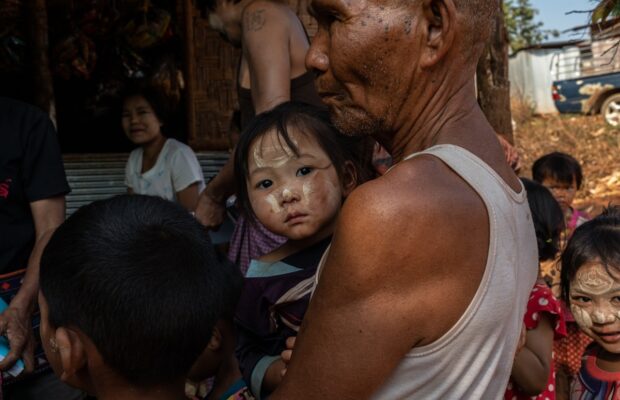
The new anti-migration policy in Thailand and the civil war in Myanmar have thrown the border area into turmoil. Faced with the horror from […]